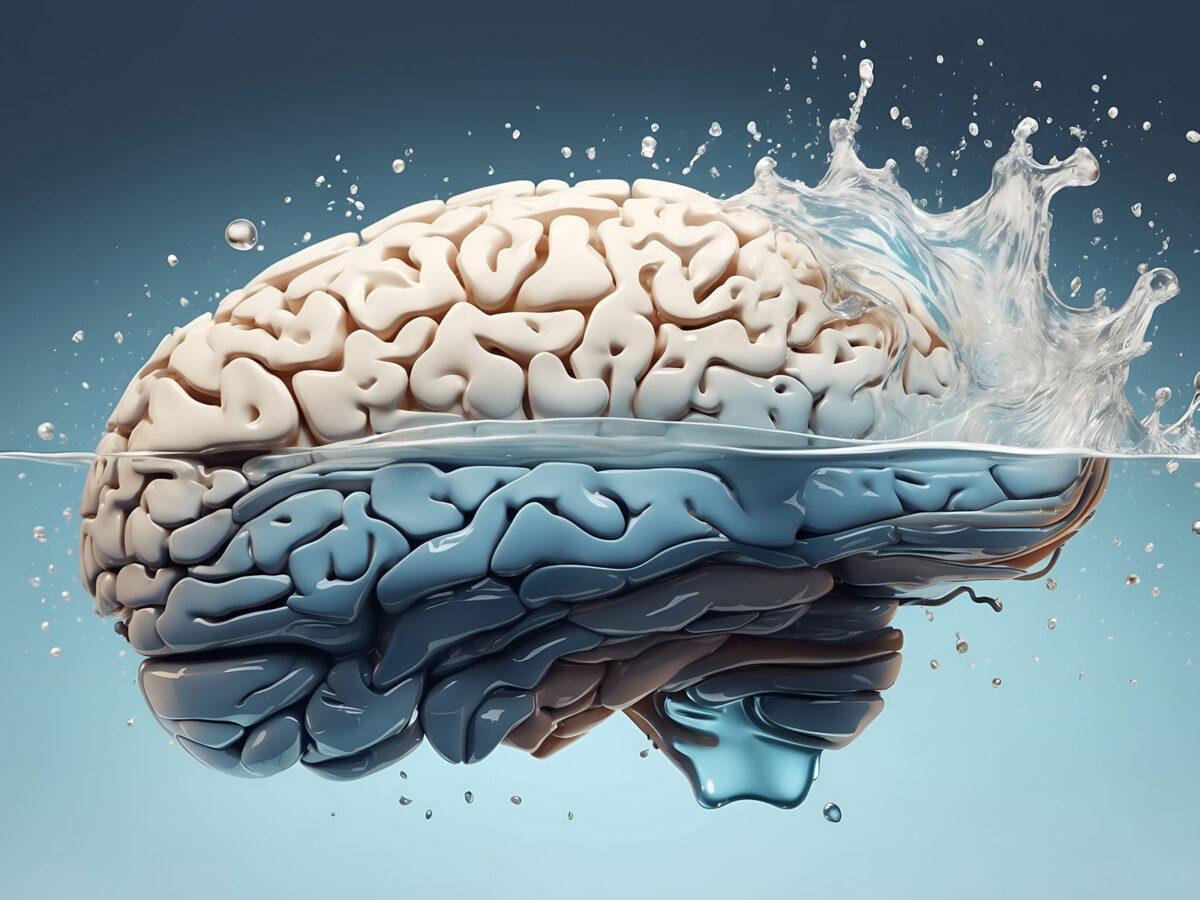Understanding the Role of Hydration in Enhancing Overall Health
Water is essential for life. Every cell, tissue, and organ in the body depends on water to function properly. While we often hear about the importance of drinking water, many people overlook just how crucial proper hydration is for maintaining overall health. Hydration does much more than quench thirst; it plays a vital role in numerous bodily functions, from regulating body temperature to supporting cognitive performance. In this article, we’ll explore the many benefits of staying properly hydrated and how it contributes to your overall well-being.

The Importance of Water in the Body
Water makes up about 60% of the human body, and it’s a critical component of various biological processes. Every cell in the body needs water to maintain its shape and to facilitate chemical reactions. Some of the key roles of water include:
- Nutrient Transport: Water helps transport nutrients and oxygen to cells while also carrying waste products away from cells to be excreted.
- Temperature Regulation: Through the process of sweating and evaporation, water helps regulate body temperature.
- Joint Lubrication: Synovial fluid, the lubricant in joints, is composed mostly of water, ensuring smooth and frictionless movement.
- Digestion: Water is necessary for the digestion and absorption of food, as well as the elimination of waste through urine and bowel movements.
- Detoxification: The kidneys require adequate water intake to filter waste products from the blood and eliminate them via urine.

How Hydration Affects Mental and Physical Health
Proper hydration affects every aspect of health, including mental, physical, and emotional well-being.
- Mental Performance and Cognitive Functioning
The brain is highly sensitive to hydration levels, and even mild dehydration can lead to cognitive decline. Research shows that dehydration can affect concentration, memory, and overall brain function. A lack of hydration can make it harder to focus, solve problems, and think clearly. Additionally, dehydration can contribute to mood swings and irritability.
- Improved Mood: Proper hydration helps keep the brain functioning at its best, promoting a more positive mood and emotional balance.
- Enhanced Concentration: Hydrated brains are better able to process information, improve focus, and maintain mental clarity for extended periods.
- Physical Health and Performance
Water plays a critical role in physical health, particularly in maintaining optimal performance during exercise and preventing dehydration-related issues.
- Exercise Performance: When dehydrated, the body struggles to regulate temperature, transport nutrients to muscles, and eliminate waste products from cells. This can lead to fatigue, cramping, and reduced performance during physical activity. Proper hydration helps maintain energy levels, improves endurance, and aids recovery.
- Metabolism: Staying hydrated supports healthy metabolic functions and helps the body burn calories more efficiently. Studies have shown that drinking water before meals can help with weight management by promoting feelings of fullness and reducing overeating.
- Skin Health
Hydrated skin looks healthier, more vibrant, and youthful. Water helps maintain skin elasticity and reduces the appearance of dryness, flakiness, and wrinkles.
- Hydration and Skin Elasticity: Skin that is properly hydrated is more resilient and less prone to irritation or cracking. Adequate water intake can improve skin tone and texture, leading to a more radiant complexion.
- Fighting Premature Aging: Consistently hydrating helps prevent premature signs of aging by keeping the skin supple and plump. Dehydration can exacerbate the formation of wrinkles and fine lines.
The Effects of Dehydration
Dehydration occurs when the body loses more water than it takes in, disrupting the balance of essential fluids. Even mild dehydration can impair body functions and lead to various symptoms.
- Symptoms of Dehydration
- Thirst
- Dry mouth and skin
- Fatigue and dizziness
- Headaches
- Dark-colored urine or reduced urination
- Poor concentration and mental fog
Chronic dehydration can lead to more severe complications, such as kidney stones, urinary tract infections, or kidney failure. It can also impact joint health, digestive function, and cardiovascular health. Therefore, it's crucial to stay mindful of your hydration needs and replenish lost fluids regularly.
- Risk Factors for Dehydration
- Hot or Dry Environments: Hot weather or dry climates cause the body to sweat more, leading to increased fluid loss.
- Physical Activity: Intense exercise, especially in high temperatures, accelerates fluid loss through sweat.
- Illness: Conditions like fever, vomiting, diarrhea, or infections can lead to dehydration due to increased fluid loss.
- Caffeine and Alcohol: Both caffeine and alcohol have diuretic effects, meaning they increase urine production and lead to fluid loss.

How Much Water Should You Drink?
The ideal amount of water varies based on factors such as age, gender, climate, and activity level. However, a general guideline is to drink about 8 cups (64 ounces) of water per day, commonly known as the “8x8 rule.” This is a reasonable goal for most people, but some may need more, especially if they are active or live in a hot climate.
The Institute of Medicine (IOM) provides more specific recommendations:
- Men: About 3.7 liters (125 ounces) of total water intake per day, including all fluids.
- Women: About 2.7 liters (91 ounces) of total water intake per day, including all fluids.
It’s important to remember that your hydration needs can be met through various sources, not just plain water. Hydrating foods like fruits (e.g., watermelon, oranges) and vegetables (e.g., cucumbers, celery) can significantly contribute to your daily fluid intake.
Tips for Staying Hydrated
- Drink Water Throughout the Day: Carry a water bottle with you and take small sips throughout the day to stay consistently hydrated.
- Listen to Your Body: Thirst is a natural indicator that your body needs hydration, so don’t ignore it.
- Start Your Day with Water: Begin each day by drinking a glass of water to rehydrate after hours of sleep.
- Avoid Over-Caffeinated or Sugary Beverages: Caffeine and sugary drinks may contribute to dehydration, so try to balance them with water.
- Monitor Your Urine: Clear or light yellow urine typically indicates proper hydration, while dark yellow or amber urine may be a sign of dehydration.
Conclusion
Hydration is essential for optimal health. Whether it's maintaining cognitive function, boosting physical performance, improving skin health, or promoting emotional well-being, proper hydration supports the body’s ability to function effectively. Dehydration, even at mild levels, can significantly impact your health, so it’s crucial to stay mindful of your water intake throughout the day. By prioritizing hydration, you can enhance your overall health, improve your energy levels, and support the proper functioning of your body’s systems. So, remember to drink up and enjoy the many benefits that water can bring to your health!


You must be logged in to post a comment.